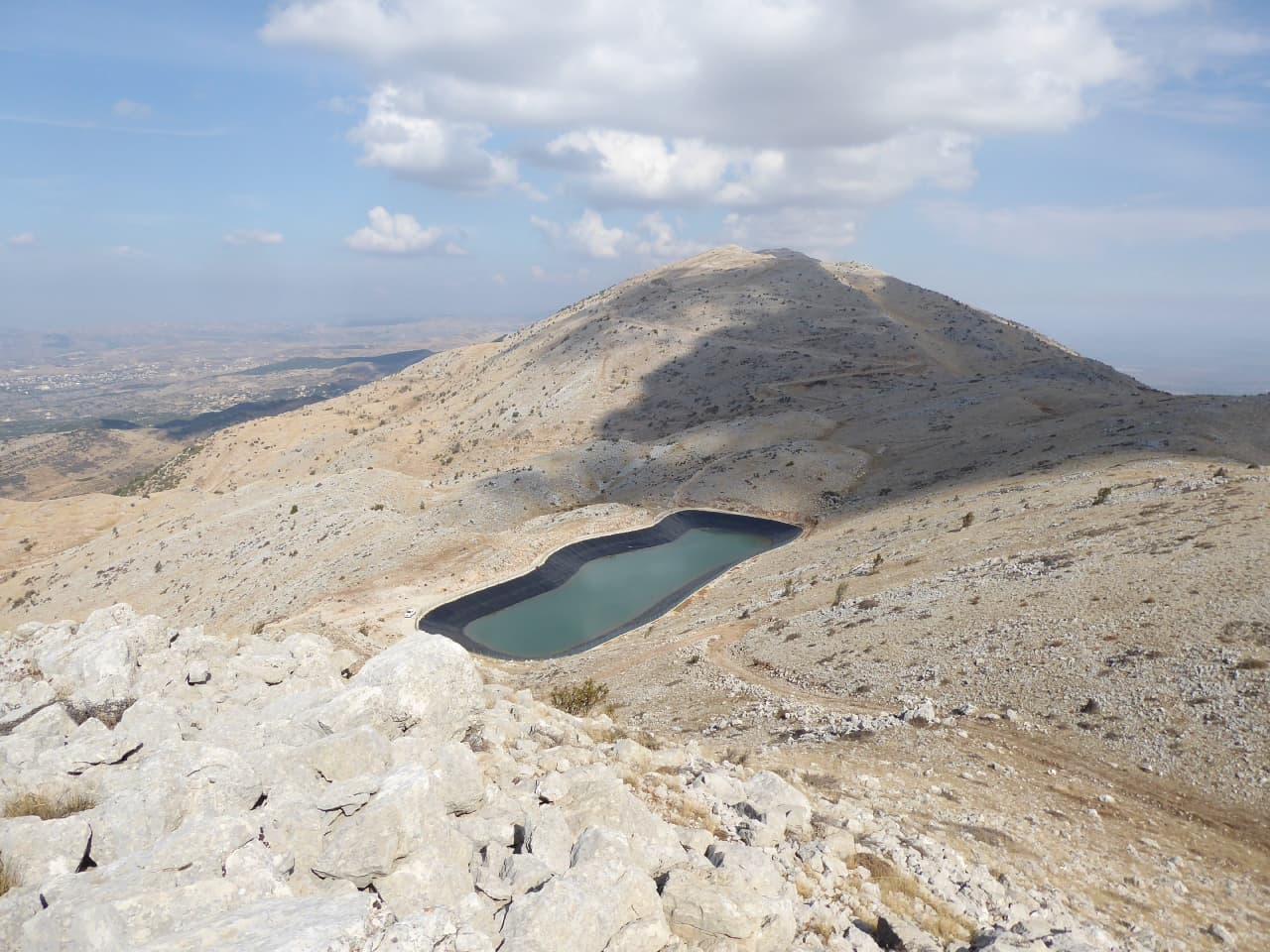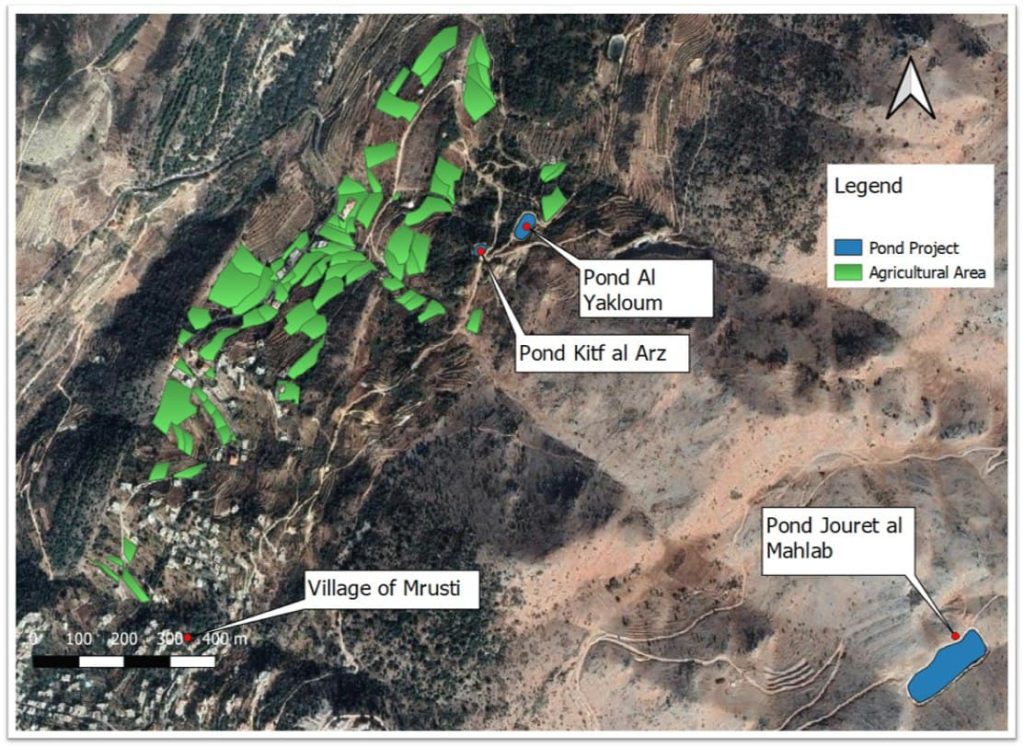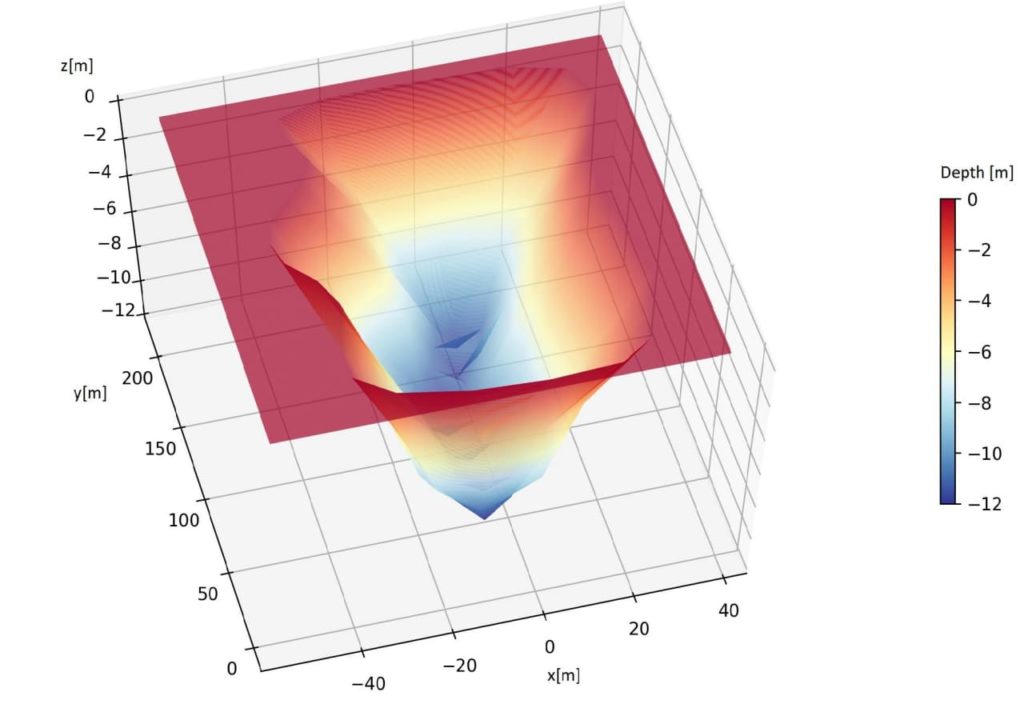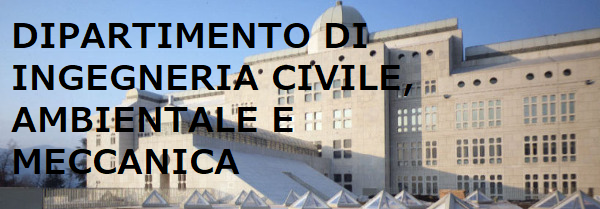Our student Nicola D’Alberton spent three months in Lebanon for his thesis research working with Istituto Oikos for the project Saving Water Growing Crops. The project takes place in a rural mountain area of Lebanon and is focused on promoting a new efficient smart irrigation technology and the rehabilitation of three rainwater harvesting reservoirs (ponds). This intervention could lead to significant water savings, and thus increase the resilience of the communities to climate change.
During the fieldwork the area of intervention was studied in order to create a project Baseline using different methodology: Semi-Structured interviews to the water managers, questionnaires to the farmers, direct observation and measurements to the ponds and the agricultural area. The objective of the study was to analyse and map the situation in the target area, to model the current situation and design different scenarios to estimate the benefits that could be given by different project solutions.
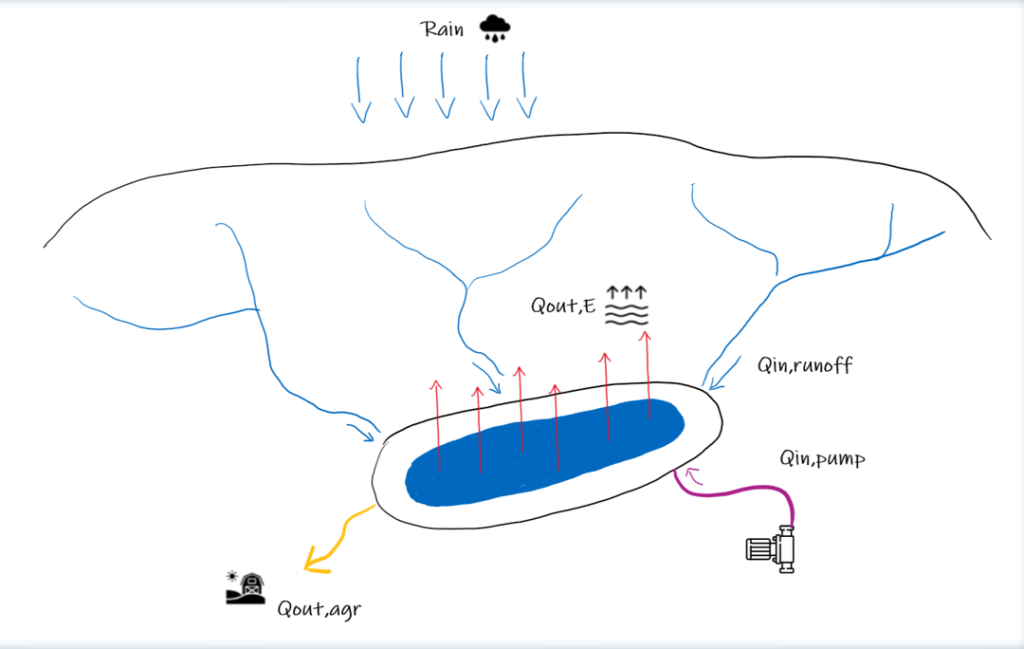
The model considered different hydrological cycle components (runoff and evapotranspiration) and information about the water use (pump and agricultural withdrawal). Further developments have been discussed to obtain more reliable model to represent the processes and evaluate the efficiency of the intervention.
The results showed that the implementation of the smart irrigation technology and the rehabilitation of the catchment system of the ponds have the potential to save a significant amount of water limiting the dependency on groundwater. The engagement and training on the use of the technologies of the stakeholders and the implementation of technical appropriate solutions for the water use and the sediment control will be important for a successful result of the project.
This work wouldn’t have been possible without the collaboration of Istituto Oikos, the Shouf Biosphere Reserve and the supervisors of the University of Trento: Guido Zolezzi, Marco Bezzi, Giuseppe Formetta and Riccardo Rigon.

